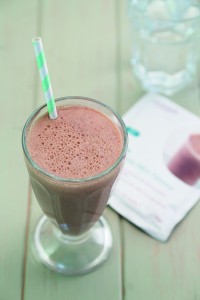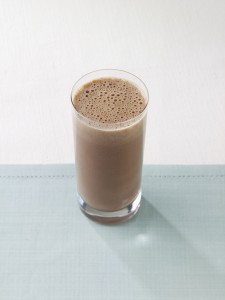Eat often to beat tiredness
A good way to keep up your energy through the day is to eat regular meals and healthy snacks every three to four hours, rather than a large meal less often.
Read more about healthy eating.
Perk up with exercise
You might feel too tired to exercise, but regular exercise will make you feel less tired in the long run, and you’ll have more energy. Even a single 15-minute walk can give you an energy boost, and the benefits increase with more frequent physical activity.
Start with a small amount of exercise. Build up your physical activity gradually over weeks and months until you reach the recommended goal of two-and-a-half hours of moderate-intensity aerobic exercise, such as cycling or fast walking, every week.
Read more about starting exercise.
Find out the physical activity guidelines for adults.
Lose weight to gain energy
If your body is carrying excess weight, it can be exhausting. It also puts extra strain on your heart, which can make you tired. Lose weight and you’ll feel much more energetic. Apart from eating healthily, the best way to lose weight is to be more active and do more exercise.
Read more about how to lose weight.
Sleep well
It sounds obvious, but two-thirds of us suffer from sleep problems, and many people don’t get the sleep they need to stay alert through the day. The Royal College of Psychiatrists advises going to bed and getting up in the morning at the same time every day; avoid naps through the day, and have a hot bath before bed (as hot as you can bear without scalding you) for at least 20 minutes.
Read more about how to get a good night’s sleep.
Try these NHS-approved sleep apps to help you sleep well.
Reduce stress to boost energy
Stress uses up a lot of energy. Try to introduce relaxing activities into your day. This could be working out at the gym, or a gentler option, such as listening to music, reading or spending time with friends. Whatever relaxes you will improve your energy.
Read more about how to relieve stress.
Talking therapy beats fatigue
There’s some evidence that talking therapies such as counselling or cognitive behavioural therapy (CBT) might help to fight fatigue. See your GP for a referral for talking treatment on the NHS or for advice on seeing a private therapist.
Read more about counselling.
Cut out caffeine
The Royal College of Psychiatrists recommends that anyone feeling tired should cut out caffeine. It says the best way to do this is to gradually stop having all caffeine drinks (this includes coffee, tea and cola drinks) over a three-week period. Try to stay off caffeine completely for a month to see if you feel less tired without it.
You may find that not consuming caffeine gives you headaches. If this happens, cut down more slowly on the amount of caffeine that you drink.
Drink less alcohol
Although a few glasses of wine in the evening helps you fall asleep, you sleep less deeply after drinking alcohol. The next day you’ll be tired, even if you sleep a full eight hours.
Cut down on alcohol before bedtime. You’ll get a better night’s rest and have more energy. The NHS recommends that men and women should not regularly drink more than 14 units a week, which is equivalent to six pints of average strength beer or 10 small glasses of low strength wine.
Read more about how to cut down on alcohol.
Drink more water for better energy
Sometimes you feel tired simply because you’re mildly dehydrated. A glass of water will do the trick, especially after exercise.
Read about healthy drinks.





